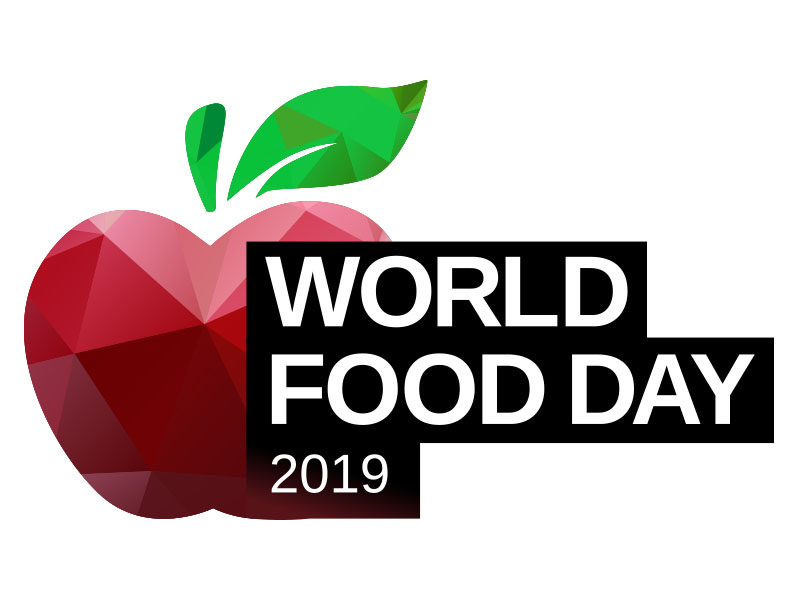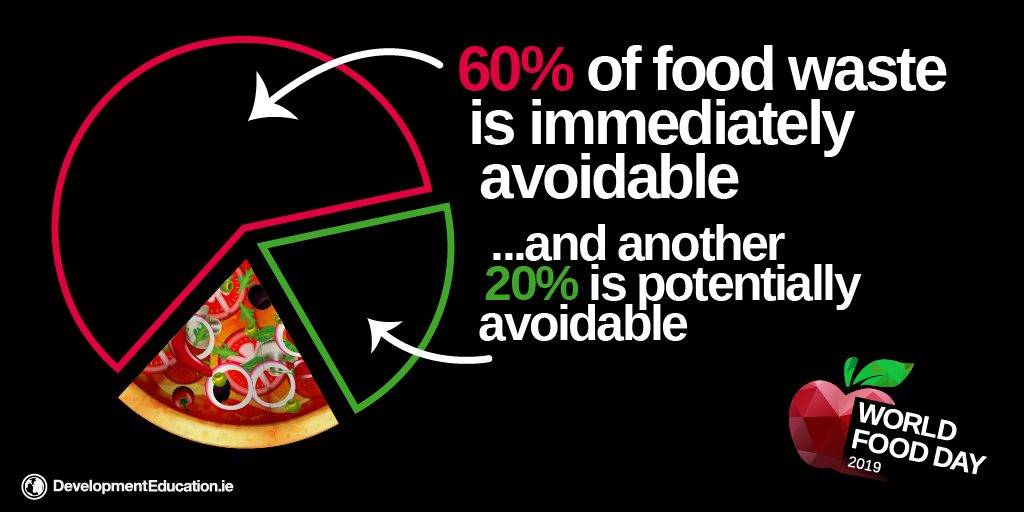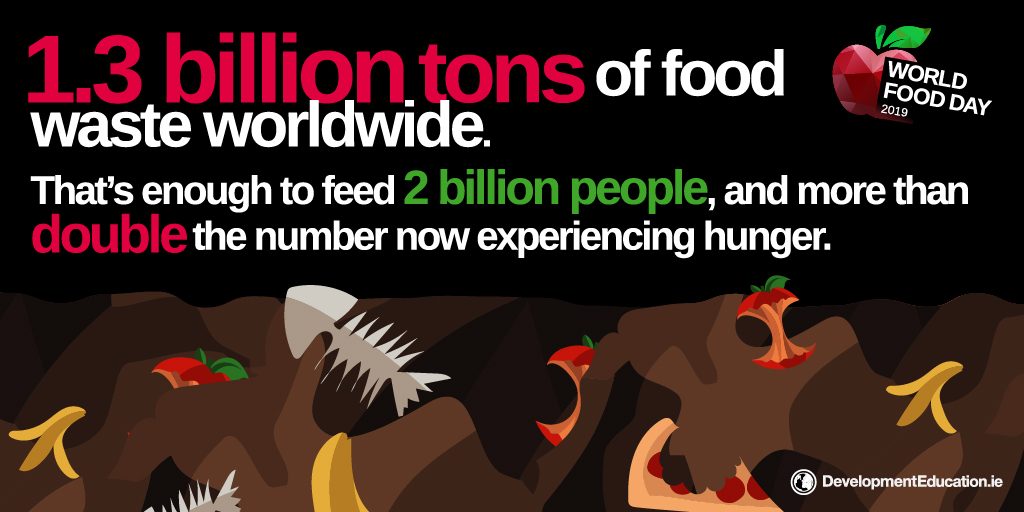 What can one person do about tackling food waste, food injustice and world hunger? Toni Pyke checks out suggestions from the UN Food and Agriculture Organisation and environmental news website EcoWatch.
What can one person do about tackling food waste, food injustice and world hunger? Toni Pyke checks out suggestions from the UN Food and Agriculture Organisation and environmental news website EcoWatch.
This blog was developed as part of a World Food Day series brought to you by the Professional Development Support Service for Teachers (PDST), Concern Worldwide, Self Help Africa and developmenteducation.ie
Sustainable Development Goal 2 calls for ending world hunger by 2030 and calls for radical interventions from governments, businesses and individuals to help feed the growing number of hungry people in the world. While reversing hunger may appear a daunting task, the UN agency FAO outlines 4 ways that YOU can make a positive difference and help achieve zero hunger.
1. Don't waste food

‘If you have leftovers, freeze them for later, or use them as an ingredient in another meal. When you eat at a restaurant, ask for half a portion if you’re not feeling too hungry, or take your leftovers home’.
EcoWatch suggest: The World Wildlife Fund suggests meal planning so you only get the ingredients you need, and learning how to navigate misleading “best buy,” “sell by” and “best before” labels. Try composting your food waste instead of throwing it out.
2. Produce More, With Less
‘With a growing population expected to reach in 9 billion in 2050, farmers should find new, more productive ways to farm food and diversify their crops. Using an integrated farming approach will not only help farmers increase their crops’ yield, and thus their profits, but can also improve the quality of their farmland’.
EcoWatch suggest: Although that piece of advice is geared toward farmers, it can apply to you as well. Buy from food producers and farms that practice organic, sustainable or regenerative agriculture. If available, choose locally sourced and seasonal products, shop at farmers markets.

3. Adopt a more healthy and sustainable diet
‘Life is fast-paced and trying to fit in preparing nutritious meals can be a challenge if you don’t know how. Nutritious meals don’t have to be elaborate. In reality, they can be cooked in a quick and easy way while using only a few ingredients. Share your quick nutritious recipes with your family, friends and colleagues and online. Follow sustainable chefs and bloggers online to learn new recipes or talk to your local farmer to see how they cook their produce at home’.
EcoWatch suggest: Eat fewer animal products. As we recently reported, researchers recommend “flexitarian” diets that eschew meat in favor of plant-based foods. Animal products are a major contributor to climate change, require massive amounts of farmland that drives biodiversity loss and uses up lots of fresh water. The nitrogen and phosphorus from fertilizer also pollutes land and water.
4. Advocate for #ZeroHunger
‘Everyone has a role to play in achieving #ZeroHunger, but countries, institutions and people need to work together to reach this goal. Establish ZeroHunger partnerships, share knowledge and resources, develop innovative strategies and discover new opportunities to contribute to the fight against hunger. Raise the topic with your local and national authorities, promote related educational programs in your community and amplify the #ZeroHunger message through your network.’
EcoWatch suggest: Support the World Food Programme, which pledges to end hunger, achieve food security, improve nutrition and promote sustainable agriculture. You can also organise a meal packaging event, donate extra food from your pantry and be a voice in the fight.
Check out these brilliant resources focused on World Hunger:
- FAO activity book: Working for Zero Hunger for Key stage 1
- FAO Ending Hunger Challenge Badge for youth workers and young people

